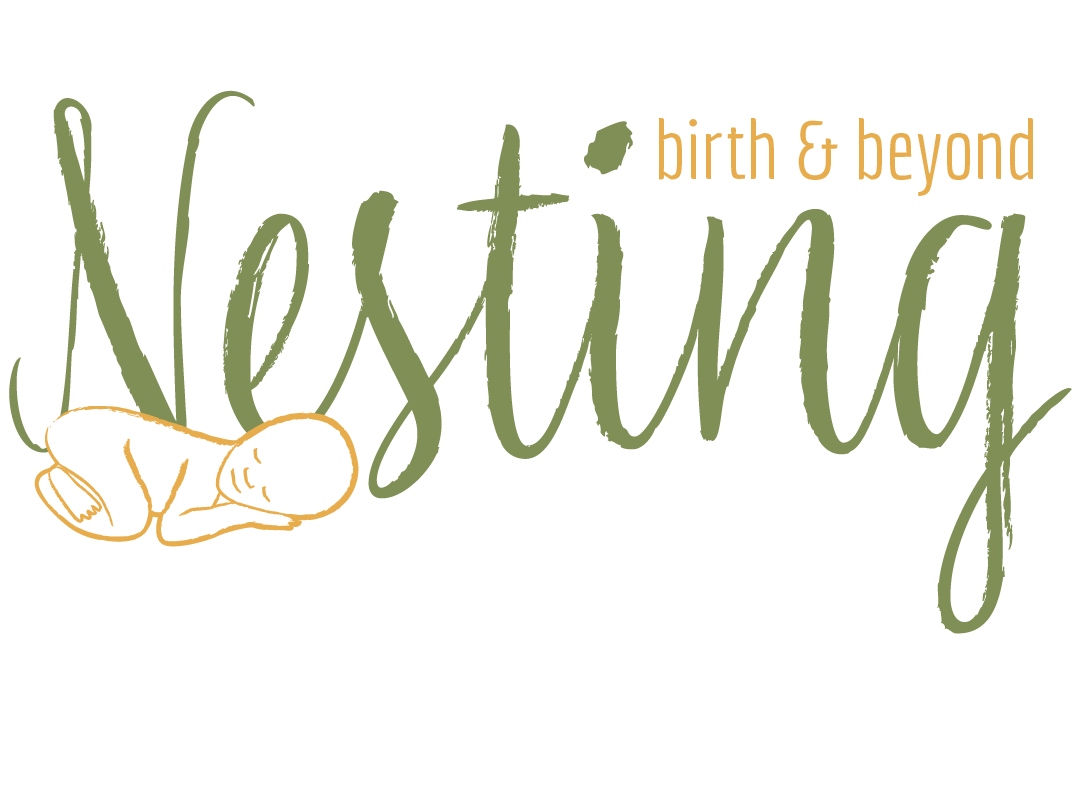Why You Really Should Take a Childbirth Class
Knowledge is Power.
As a rule, I strongly recommend that my clients attend a childbirth class. Unfortunately, the response I often get is “We don’t have the time”, “We’re finding all the information we need online”, or even “We’re hiring you as our doula – we don’t need classes!” My answer to this is that your baby’s birth is a once in a lifetime event – being as informed as possible is not only important, it may even make the difference between having the birth you are hoping for, or being swept along by escalating interventions for which you are unprepared.
Obviously, every birth is different and there is no way to know in advance every single thing that could happen, but preparing for birth by educating yourself is critical if you want to be able to make the best decisions for your family when faced with the unexpected.
Today only about half of all first-time parents attend childbirth classes. This number has been dropping steadily in recent years for a variety of reasons, chief among them being the rise in planned C-sections and the use of epidurals for pain relief. Experts also point to an increase in reliance on the internet and social media as a means of gathering information, as well as the mistaken assumption that most childbirth educators are intent on pushing so-called ‘natural’ childbirth. Whatever the reason, it’s a worrying trend. Lower childbirth education attendance rates means higher numbers of under- or wrongly-informed expectant parents, which in turn can lead to poor outcomes for both birthing parents and newborns.
As healthcare consumers in the U.S., we have been conditioned to accept our providers’ advice and opinions as our best (or even only) option, often without question. This seems especially true where obstetrics is concerned. The truth is that there are many options for pregnant and laboring people, some of which your provider may not even mention (or even know about!) unless specifically asked. These include prenatal testing options, different methods of pain relief, alternatives to medical interventions such as labor induction and augmentation, and your right to refuse standard procedures, among others.
Childbirth education is important, not just for those hoping for an unmedicated, intervention-free birth, but for every first-time parent, and even for many who have had prior birth experiences. In addition to learning about the options mentioned above, the benefits of a good childbirth preparation class include: what to expect in early labor and when it’s best to leave for your birthing place, meeting and making connections with other expectant parents, facing and calming your fears and anxiety, basics of newborn care, helping your partner or support person to feel more involved and informed on how best to support you, and learning about local resources for pregnancy, breastfeeding and parenting. There is even a theory (the Central Nervous System Control method of pain management) which argues that simply educating yourself may activate processes in your brain whereby you perceive less pain during labor. There is also a study (Levett et al. (2016) RCT of Childbirth Education for Pain Relief during Labor) which suggests that taking a childbirth class which includes specific non-medical comfort measures for labor (and practicing these techniques at home) may lessen the need for epidural relief, shorten the second stage of labor, and reduce perineal trauma.
There is a wide variety of childbirth courses available today, from one- or two-day hospital sponsored classes to the intensive, 12-week long Bradley Method®, which means that everyone can find childbirth education to fit their schedule and budget. Do your research, find which method works best for you and sign up! Take advantage of this invaluable resource and ensure that you are fully prepared for your Birth Day.
(Disclaimer: The information contained in this post is for general information purposes only and is not intended to diagnose or treat any medical condition. For any medical questions or concerns you should consult your healthcare provider.)

